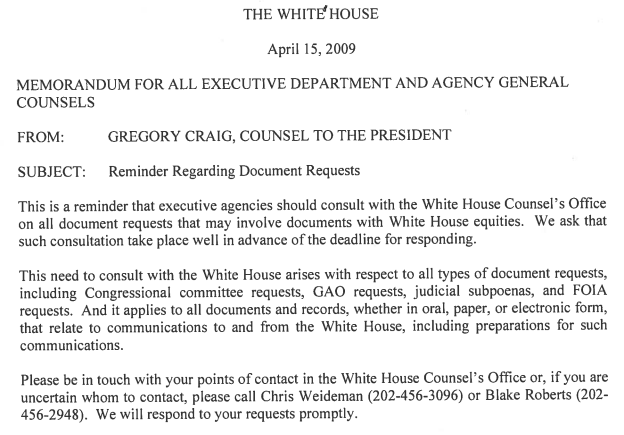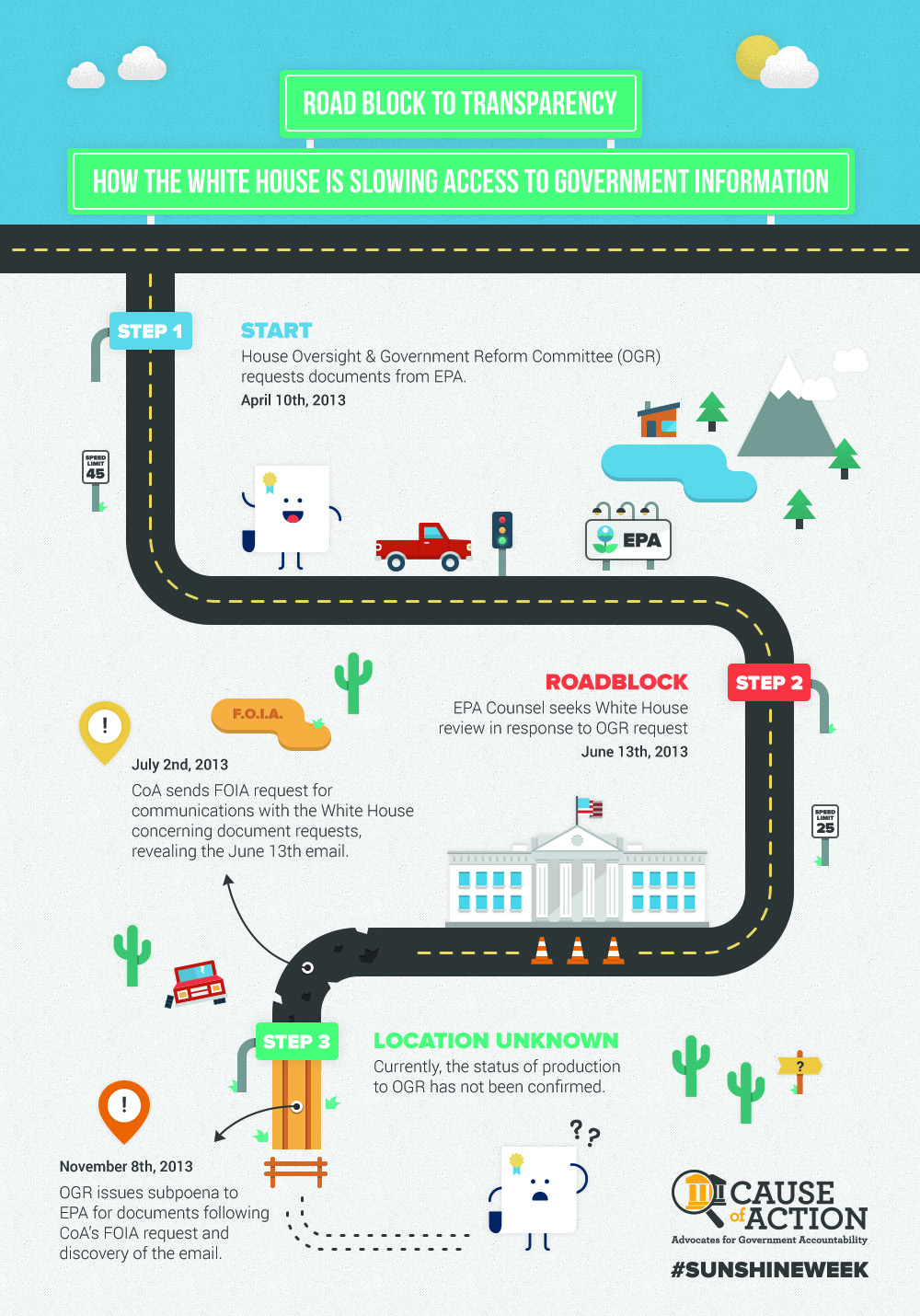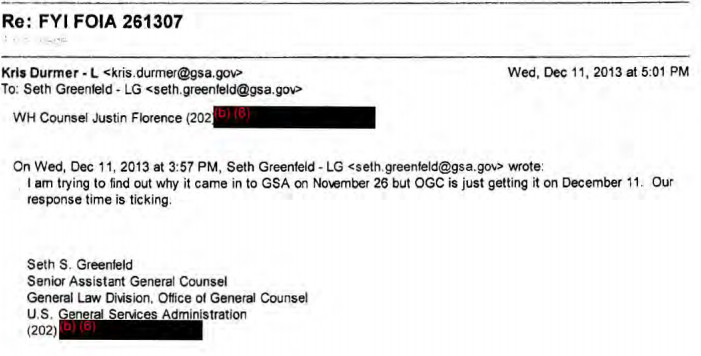Cause of Action sent letters to the Inspectors General of the Department of Health and Human Services (HHS) the Department of Housing and Urban Development (HUD) asking them to investigate whether HHS violated any laws when HUD coordinated with HHS and the White House in implementing the Patient Protection and Affordable Care Act (PPACA).
Letter to HHS Inspector General
Letter to HUD Inspector General
Read the embedded letters below:


